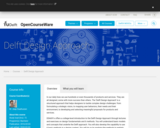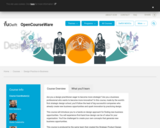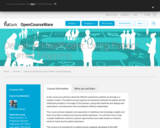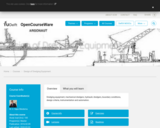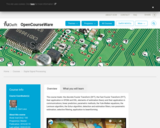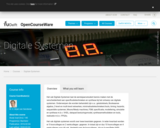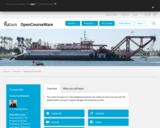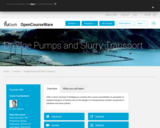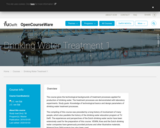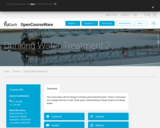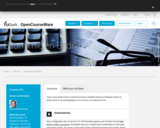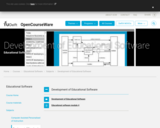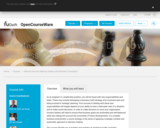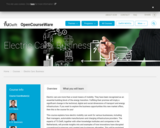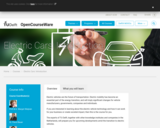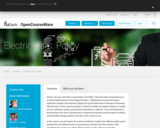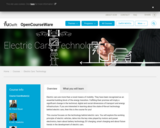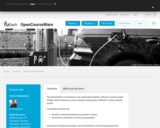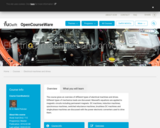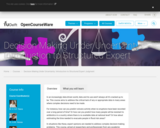
In an increasingly data-driven world, data and its use aren’t always all it’s cracked up to be. This course aims to address the critical lack of any or appropriate data in many areas where complex decisions need to be made.
For instance, how can you predict volcano activity when no eruptions have been recorded over a long period of time? Or how can you predict how many people will be resistant to antibiotics in a country where there is no available data at national level? Or how about estimating the time needed to evacuate people in flood risk areas?
In situations like these, expert opinions are needed to address complex decision-making problems. This course, aimed at researchers and professionals from any academic background, will show you how expert opinion can be used for uncertainty quantification in a rigorous manner.
Various techniques are used in practice. They vary from the informal and undocumented opinion of one expert to a fully documented and formal elicitation of a panel of experts, whose uncertainty assessments can be aggregated to provide support for complex decision making.
In this course you will be introduced to state-of-the-art expert judgment methods, particularly the Classical Model (CM) or Cooke’s method, which is arguably the most rigorous method for performing Structured Expert Judgment.
CM, developed at TU Delft by Roger Cooke, has been successfully applied for over 30 years in areas as diverse as climate change, disaster management, epidemiology, public and global health, ecology, aeronautics/aerospace, nuclear safety, environment and ecology, engineering and many others.
- Subject:
- Engineering
- Mathematics
- Statistics
- Material Type:
- Full Course
- Provider:
- Delft University of Technology
- Provider Set:
- Delft University OpenCourseWare
- Author:
- Dr. A.M. Hanea
- Dr. ir. G.F. Nane
- Prof. dr. R.M. Cooke
- Date Added:
- 01/12/2021
